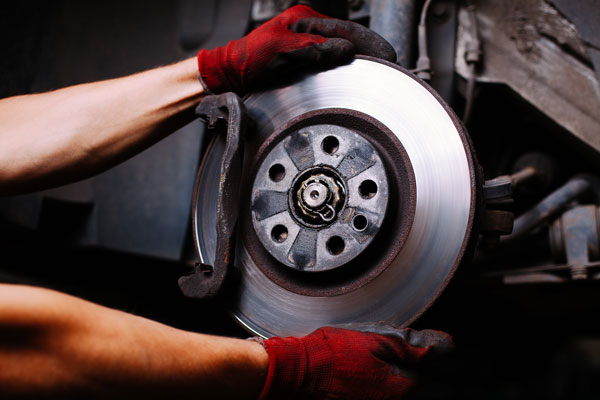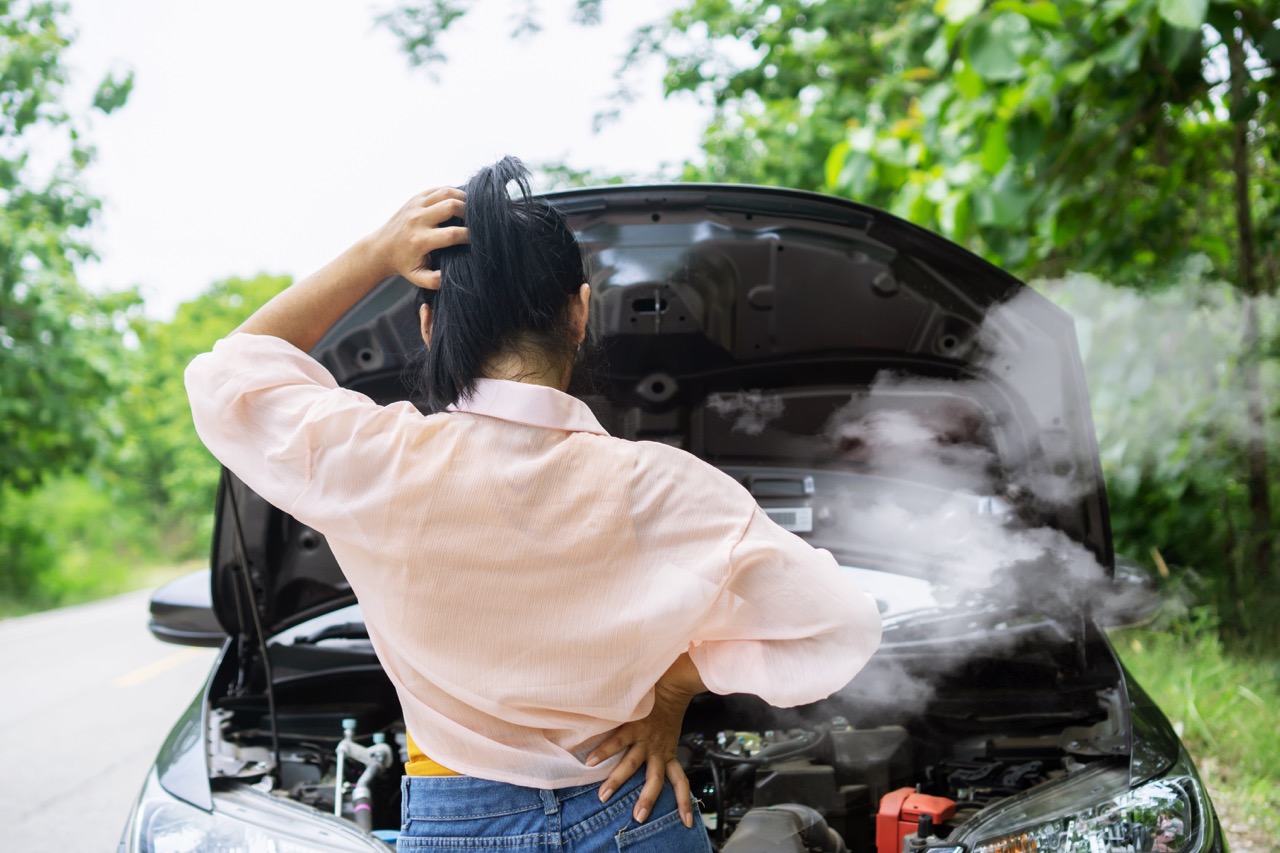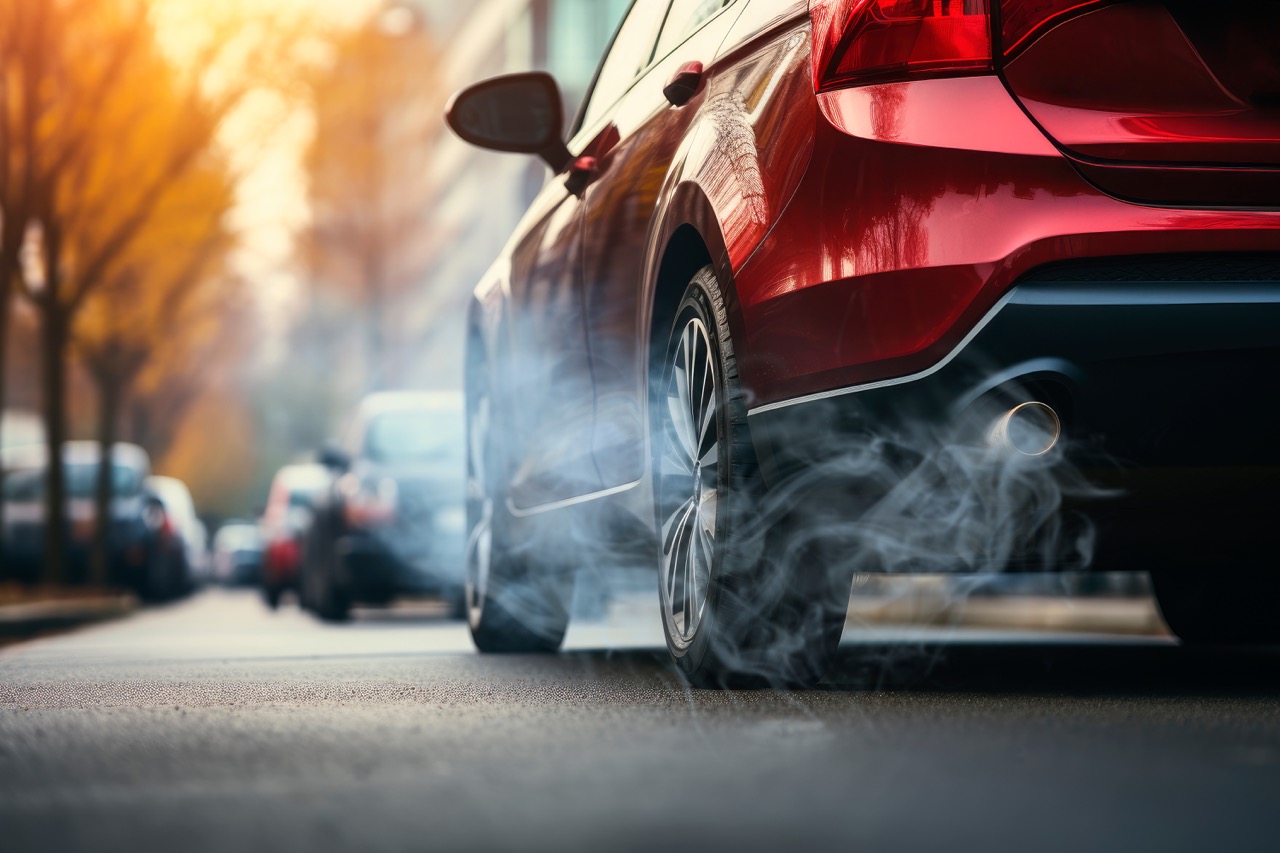
Many automobile owners don’t think of brake maintenance as a priority until something goes wrong. Make sure you don’t make the same mistake. When you step on the brakes, a complicated system of pieces goes into play. Certain elements must be replaced at regular intervals in order for the system to work correctly.
The front two wheels of most modern vehicles feature braking systems that rely on rotors, which are metallic discs placed behind each wheel. The caliper is a clamp-like device that sits above each of them. When you apply pressure to the brake pedal, the calipers tighten, compressing the rotors on both sides. Friction is created as a result of this motion, causing the wheels to spin more slowly until they come to a full halt. The detachable surfaces that calipers utilize to make contact with the rotors during this procedure are known as brake pads. They will eventually wear out due to the friction stated before. Allow your brake pads to become too thin, and your brakes will not perform as well as they should. It’s critical to get new brake pads fitted at the earliest indication of difficulty for your own safety. When that happens—and what those indicators are—varies from automobile to automobile and environment to environment.
Signs
- Brakes are squeaking or squealing loudly. The first sign that your brake pads are nearing the end of their useful life is a squeaking or screaming noise emanating from the brakes. Excessively worn brake pads are the most common cause of squealing brake pads.
- When braking, there is a grinding sound. If you hear a grinding noise when you press down on the brake pedal, your brake pads need to be replaced right away. Metal wear indicators are integrated into certain brake pads and are meant to create a loud noise to inform you that it’s time to change the pads.
- When Braking, There Is A Vibration. -Another symptom that your vehicle’s braking system needs expert assistance is vibration when you press the brakes. It’s likely that your rotors are deformed, which has resulted in uneven brake pad wear.
- Taking More Time To Stop- Loss of performance when applying the brakes is another big symptom that your brakes need to be inspected. If you’re having trouble stopping when you press the brakes, it’s possible that your brake pads are entirely worn out or that your brake fluid is low (often due to a leak).
- The Brake Pad Indicator Light Has Turned On- It’s not always the case that your brake light illuminates when there’s a problem; it’s also the light that illuminates on your dashboard when your parking brake is engaged. However, if your parking brake isn’t engaged and you’re seeing a brake warning light, it’s time to have a brake professional analyze your problems.
- The brake pads on your car appear to be quite thin. Visually inspecting your brake pads for wear is an easy way to check for wear. Locate your brake pad by looking between the spokes of your wheels. If it looks like it’s less than 14 inches thick (6.4 mm), you’re undoubtedly in need of new brake pads.
It is critical that you maintain your brakes on a regular basis. Brakes are necessary for safe driving. The danger of having faulty brakes is too great to take a chance on. If you wait too long, you endanger not only your own life and the lives of others, but you also risk having further difficulties with your car. It’s always preferable to be safe than sorry. Take care of the issue as soon as you see it, not later.
Related Posts
As an EV owner, understanding your vehicle's battery is critical. From its capacity to its lifespan, and everything in between, we'll guide you through what you need to know to optimize your EV experience. So buckle up and get ready - we're about to shed some light on the electrifying world of EV batteries. What [...]
If your car is running hot, it can be a sign that something’s not right with your engine. Fortunately, diagnosing the cause of an overheating engine isn't too difficult if you know what to look for and how to address it. Keep reading if you want to learn the most common issues that occur when [...]
Your vehicle's exhaust system serves a critical role in managing the byproducts of the combustion process and ensuring optimal engine performance. The appearance of colored smoke from the exhaust pipe, either when stationary or accelerating, can provide valuable clues to underlying mechanical issues. What is a car exhaust? A car exhaust is a system [...]





